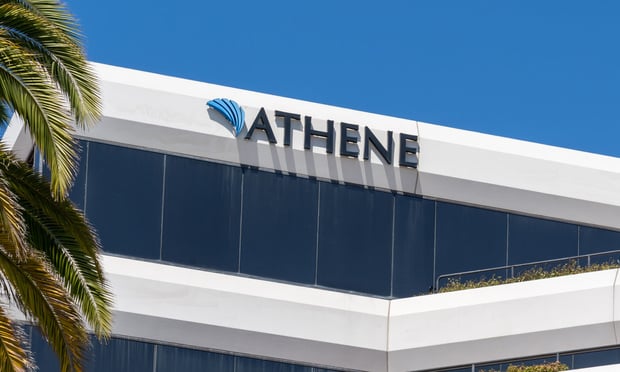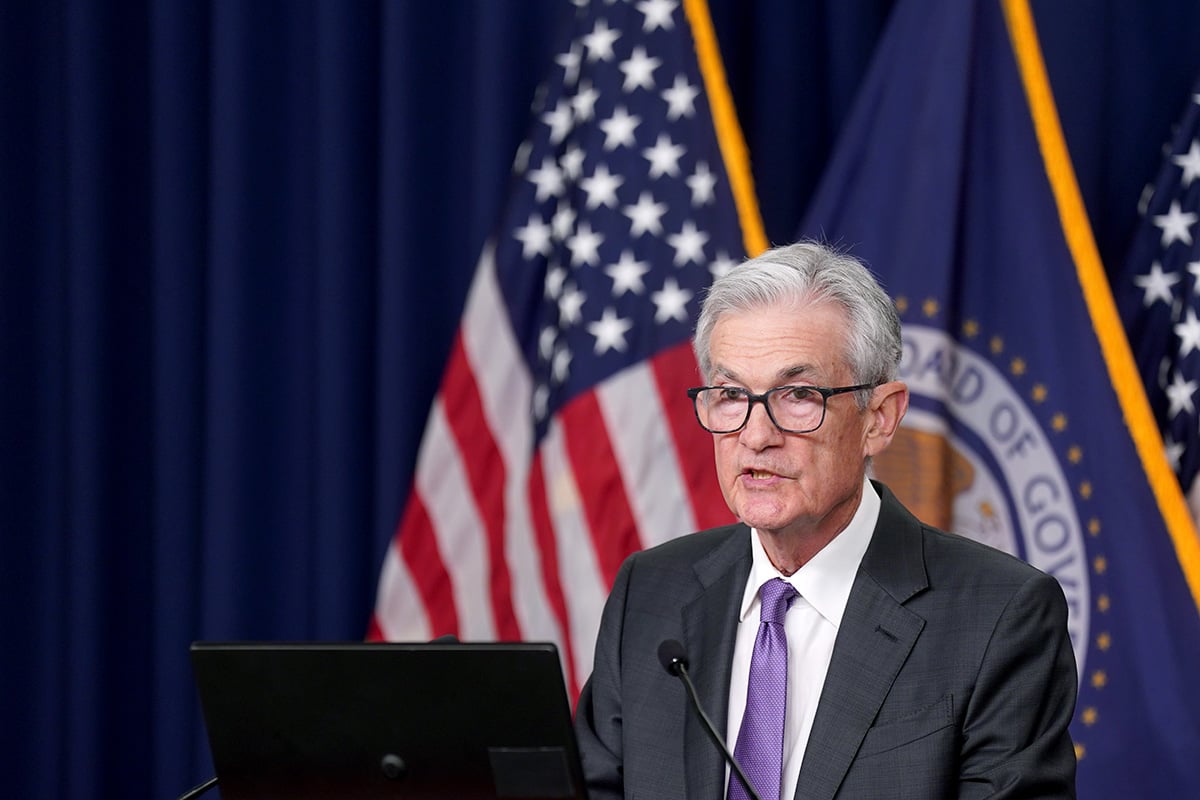Groupon Inc.'s decision to push ahead with an initial public offering as other startups hold off may be driven more by necessity than choice: The company needs cash to keep growing and is nearing the number of shareholders that requires it to report financial results.
Groupon is seeking to raise as much as $540 million, saying it won't need to use the money for at least a year and has no urgent cash needs. Even so, the biggest provider of online daily deals owed almost twice as much to merchants at the end of September as it held in cash. Marketing costs rose 37 percent in the latest quarter, four times as quickly as its cash pile.
Proceeding now may cushion Groupon against slowing sales growth and ballooning costs and give the company time to tweak it strategy, including cutting its marketing expenses, according to research firm PrivCo. Groupon is taking its chance amid the biggest IPO backlog since 2000, as other startups delay offers because of stock-market volatility.
“They may have a cash flow problem and need the funds,” said Ed Ketz, an associate professor of accounting at Pennsylvania State University. “At some point they have to change the business model in some way.”
Groupon, based in Chicago, remains unprofitable. The company had $243.9 million in cash at the end of September and still owed merchants $465.6 million. The 8.4 percent increase in cash from the prior period was outstripped by the rise in marketing costs, which jumped 37 percent to $234.4 million.
The company has used 85 percent of the $1.11 billion it has raised from venture capitalists and other investors to buy equity from early investors eager for a return, instead of funding growth. That is contributing to a potential cash crunch, said Sam Hamadeh, chief executive officer of New York-based PrivCo, which provides financial data on more than 20,000 private companies.
“They can't go back at this point,” Hamadeh said.
Groupon said in its prospectus that the company doesn't need the capital, because of its cash on hand and the amount being generated from operations. Cash from operations totaled $129.5 million in the nine months through September.
“We do not expect that we will utilize any of the net proceeds of this offering to fund operations, including online marketing expenses, during the next 12 months,” the company said. Groupon said it might use the proceeds for general corporate purposes, including possible acquisitions.
Julie Mossler, a spokeswoman for Groupon, declined to elaborate.
A growth slowdown amid rising competition still may necessitate a change in plans. Already the pace of sales growth is tapering off. Third-quarter revenue increased 9.5 percent from the previous period, following quarter-over-quarter growth rates of 33 percent and 72 percent in the two previous periods.
Groupon faces escalating competition from LivingSocial and Google Inc., which are giving more favorable terms to merchants. That's led Groupon to accept lower margins to avoid losing business. The amount of billings the company booked as revenue shrank to 37 percent in the third quarter from 42 percent in the prior period and 44 percent in the first quarter. Groupon attributes the lower margins to getting into new products, like travel and event tickets.
“There's a lot of people getting into Groupon's markets,” Carter Mack, president of JMP Group Inc. in San Francisco, said in an interview on “Bloomberg West.” “The company is currently getting valued at a pretty high value, so people are going to have questions about the sustainability of that growth.”
Groupon's hand is also being forced by growth in its investor base. The company has close to 500 shareholders, according to a person familiar with the matter. At that threshold, the U.S. Securities and Exchange Commission requires companies to disclose financial results, even if they aren't public. Facebook Inc. plans to start reporting financials by April because of the shareholder limit. Once it reaches that number, Groupon would be bound to update its results quarterly.
Mossler declined to comment on the number of shareholders.
A.B. Mendez, a senior research analyst at GreenCrest Capital Management LLC in New York, said there are plenty of good reasons for Groupon to sell shares. It can provide publicity heading into the Thanksgiving and Christmas shopping seasons, and the offering will attract retail investors because people know the company's name.
Groupon is also adding to its cash pile while only selling about 5 percent of the company, meaning it can do a bigger offering later, Mendez said. The company is considering whether to increase the IPO price range amid higher-than-expected demand for the shares from investors, three people with knowledge of the matter said.
Groupon has been planning to sell 30 million shares at $16 to $18 apiece, out of the 630.4 million shares that will be outstanding after the offering. At the midpoint of the price range, Groupon would be valued at $10.8 billion.
“We're seeing pretty strong demand on the part of institutional investors, and you'll see uncommonly strong demand from retail investors,” Mendez said. “Sell now, because it's a great marketing event ahead of the fourth-quarter holiday retail season, which is going to be crucial for them.”
Founded in 2008 by Andrew Mason, Eric Lefkofsky and Brad Keywell, Groupon gained popularity last year by offering discounts of 50 percent to 90 percent at businesses like restaurants, nail salons and resorts. Groupon originally kept about half the revenue, giving the rest to the merchant.
Sales in 2010 surged to $312.9 million from $14.5 million the previous year, a growth rate so fast that Google offered to buy the company for $6 billion last year. Groupon rejected the deal, choosing instead to raise $950 million in private capital and stay independent while pushing toward an IPO.
That strategy came under fire in June, when Groupon filed its prospectus, showing the company had lost $540.2 million in three years and that in the first quarter alone had spent $179.9 million to bring in subscribers.
Then the missteps began. Lefkofsky, the chairman, told Bloomberg News the following week that he expected the company to be “wildly profitable,” a statement the company later asked investors to disregard in a regulatory filing. Company executives are forbidden from talking about financials during the so-called quiet period before an IPO.
In September, the company restated its revenue figures to exclude sales passed on to merchants and announced the departure of its second operating chief in six months. This month, Groupon said it had a net loss of $214.5 million for the first three quarters of 2011.
Meanwhile, the European debt crisis and concerns about the U.S. economy dragged down the stock market and slowed the pace of IPOs. The Standard & Poor's 500 Index dropped 19 percent from July 7 to Oct. 3, amid concerns that the crisis in Europe would lead to a global economic slowdown.
The market has since rebounded, with the S&P 500 gaining 14 percent so far in October, erasing its 2011 loss. European leaders agreed last week to expand a bailout fund to stem the debt crisis.
“None of us can control what's going on with debt in Europe so if you want to go public just go and see what the market is like later if you want to raise more,” said Lise Buyer, founder of IPO advisory firm Class V Group. “There's been so much noise about this IPO they may just want to get it in the rearview mirror.”
Bloomberg News
Complete your profile to continue reading and get FREE access to Treasury & Risk, part of your ALM digital membership.
Your access to unlimited Treasury & Risk content isn’t changing.
Once you are an ALM digital member, you’ll receive:
- Thought leadership on regulatory changes, economic trends, corporate success stories, and tactical solutions for treasurers, CFOs, risk managers, controllers, and other finance professionals
- Informative weekly newsletter featuring news, analysis, real-world case studies, and other critical content
- Educational webcasts, white papers, and ebooks from industry thought leaders
- Critical coverage of the employee benefits and financial advisory markets on our other ALM sites, PropertyCasualty360 and ThinkAdvisor
Already have an account? Sign In Now
*May exclude premium content© 2024 ALM Global, LLC, All Rights Reserved. Request academic re-use from www.copyright.com. All other uses, submit a request to [email protected]. For more information visit Asset & Logo Licensing.





